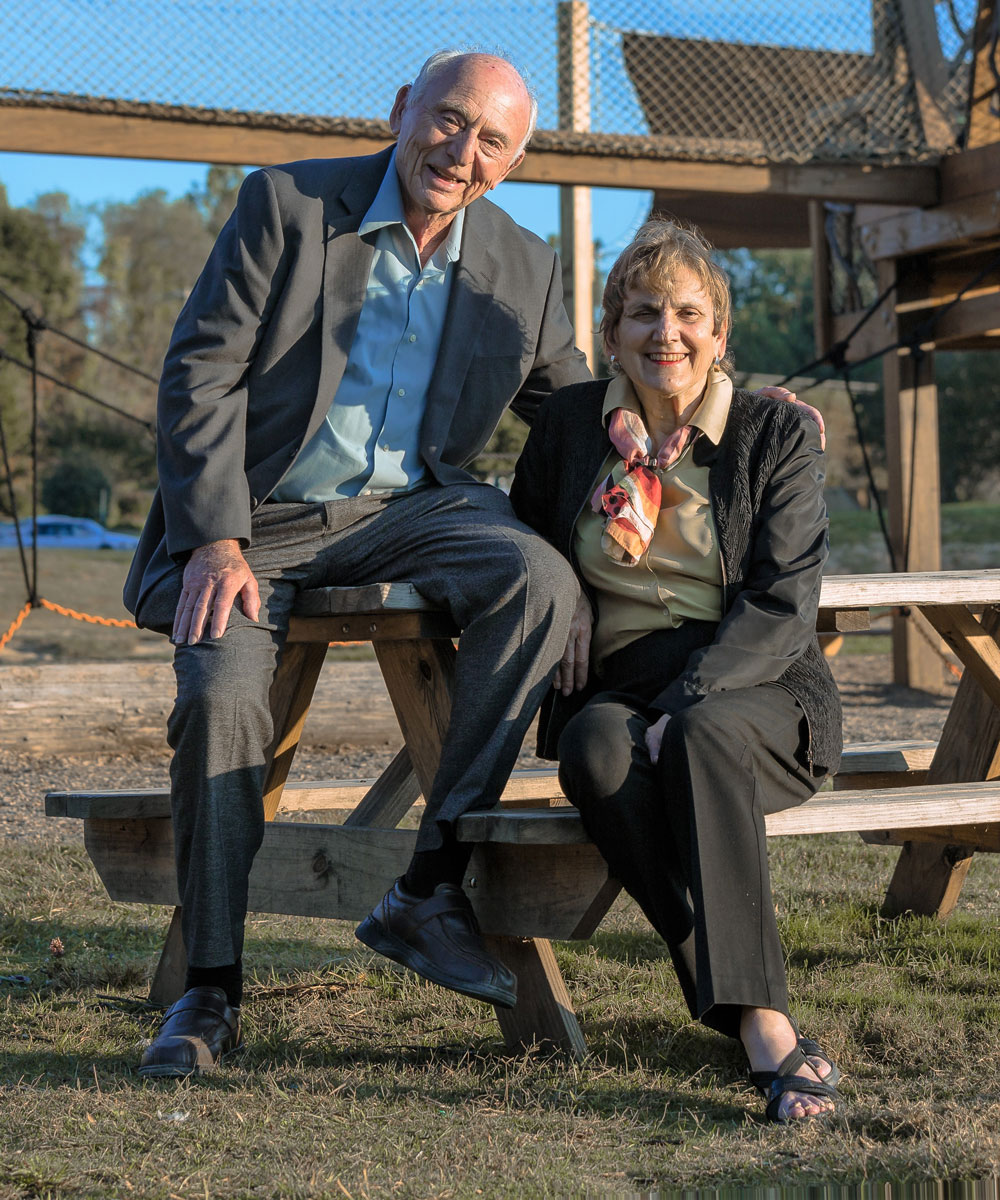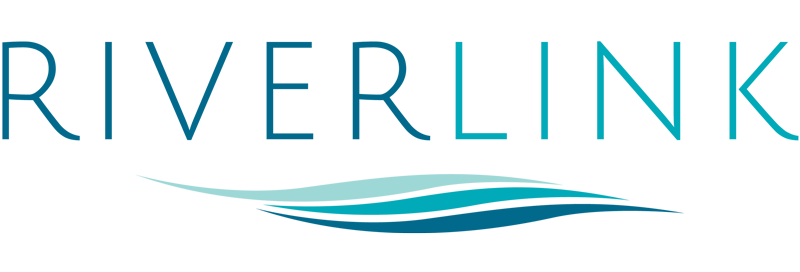People come to philanthropy for many reasons. It’s a uniquely personal journey for most of us–but at the root is a fundamental desire to make a positive difference and create the change we wish to see in the world. And when philanthropists join to create change in a collective fashion, the impact multiplies.
That multiplier effect is underway at RiverLink, thanks to some key change agents. This story begins with Bernd and Toby Linder, who relocated to Hendersonville from New York in 1970. Trained as a chemical engineer, Bernd began work for General Electric, where he came to manage quality operations; Toby was an educator in the school system. The couple nurtured their interest in philanthropy with the Community Foundation of Henderson County, among others, through projects in education and youth mentorship.
One day last year, the Linders attended a talk on watershed resources by RiverLink’s Renee Fortner, and their philanthropy was catalyzed again. They were impressed by the impact landowners of all sizes can have on local water quality–and there was another factor at play. By this time, they had six grandchildren.
“We wanted to leave a lasting legacy,” says Bernd. “Parks do this. We were excited by the Karen Cragnolin Park project.” Bernd’s friend and co-worker at GE was Bob Cragnolin, husband of RiverLink founder Karen Cragnolin, who passed away in January.
The Linders–having recently moved to Buncombe County–wanted to honor their old friends. With assistance from the Community Foundation of Western North Carolina, the couple pledged $50,000 for Karen Cragnolin Park if matching funds could be raised by additional donors within six months.

Four donors quickly emerged, thanks to leadership from RiverLink friend and former board member, Joe Sasfy, who recruited three friends sharing his excitement for the French Broad’s revitalization. Such is the power of matching funds!
The Linders especially appreciate the park’s planned education element. Karen Cragnolin Park will be a living demonstration of ecological infrastructure at work along the river, with native plants, pollinator gardens, and natural flood regimes; there will be artful educational signage that explains all this plus the site’s cultural history, from the Cherokee to the industrial era to present day restoration.
RiverLink staff and board are deeply grateful to Bernd and Toby Linder. Thanks for sparking the capital campaign that will activate K.C. Park at last!
